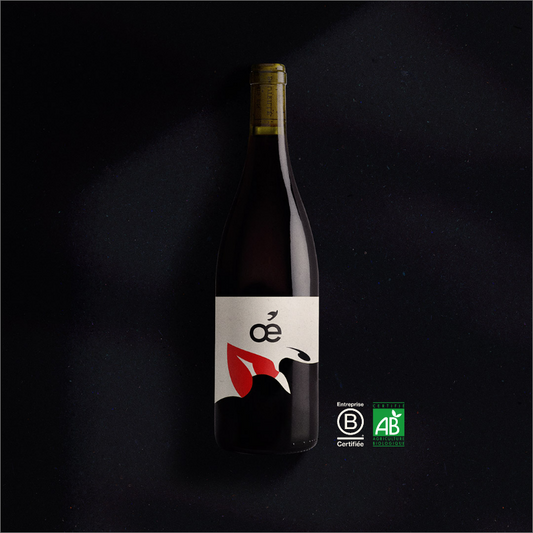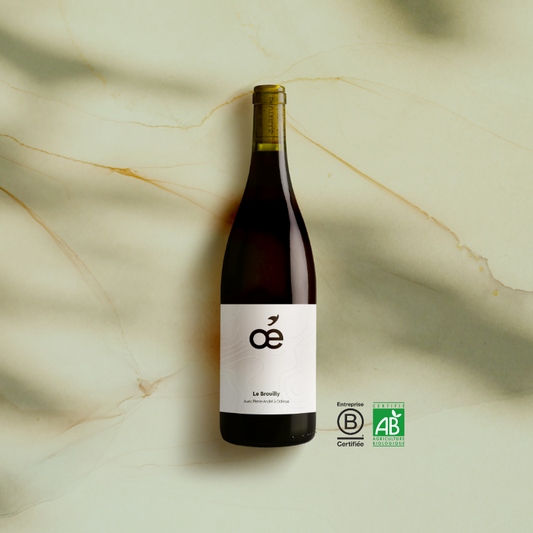Whether for a special occasion or simply to have fun, we "toast" to the health of the people around us. Where does this famous enthusiastic ritual of “Tchin-Tchin” come from?
“Tchin-Tchin” is above all the sound of glasses clashing. This sweet resonance synonymous with a delicious moment with those we love. But that comes mainly from our Chinese friends who say “tsing-tsing” as a way of hello and which we ended up adapting in French.
In the Middle Ages, toasting allowed thanks to the shock of the 2 glasses to mix the liquids (whether strong alcohols or wine) and thus avoid being poisoned by your neighbor (nice friends!). In addition to the gesture, the two people had to look each other in the eye as a sign of trust. Hundreds of years later we have kept the traditions, without continuing to put poison (and fortunately).
When some people say "Tchin-Tchin", others rather say "Cheers", "Salud", "Pros", "Sláinte"… So many ways to wish good health before enjoying your favorite beverage!
In France, in addition to saying "Chin", we also say "santé", "à tienne" or "à votres" when we toast with a person outside of our close environment. Just as many words to describe a good moment of sharing in perspective. Generally, when we toast, it is the symbol that we wish the person or the group of people around us beautiful things for the future. It can also be a time to say what we are grateful for. Like having a healthy family, sharing happy moments and good laughs, thanking friends for being there in good and bad times, announcing a happy event such as a wedding, a life change, the purchase of a apartment or the arrival of a baby. Every time we toast, it's a kind of celebration of life and good times with the people we love. And you, what are you going to toast to at the next organic wine aperitif? ;-)
In any case, if you are looking for good organic, vegan and zero pesticide wine, go to oeforgood.com . And if you want advice, write to us at hello@oeforgood.com.
For the curious, we invite you to discover a new word in oenology vocabulary: the " empyreumatic " notes of a wine. It describes a family of aromas: smoky, burnt, dried, grilled smells . And also the smells of caramel, chocolate, coffee, smoke, and toast.
If you want to go even further, do you know what a " caudalie " is? What does the term " avinate " mean? We'll explaine everything here !
La caudalie , here, is not a brand of beauty product. In the wine world, the caudalie is a unit of measurement that allows you to calculate the length in the mouth of the wine. One caudalie is equal to one second. Generally, the longer the caudalies, the more prestigious the wine. Naturally, organic red wines have a higher number of caudalies than organic white wines. And you can go up to twenty caudalies for a red wine.
Aviner , when you avin, it is the action of taking a sip from a new bottle to "clean" the glass of the previous wine and make sure there is no leftover from the previous bottle that could change the taste. of the next wine to be tasted. This sip, which is used to make wine, can be thrown into a spittoon during a tasting or can be drunk before serving a new glass.





